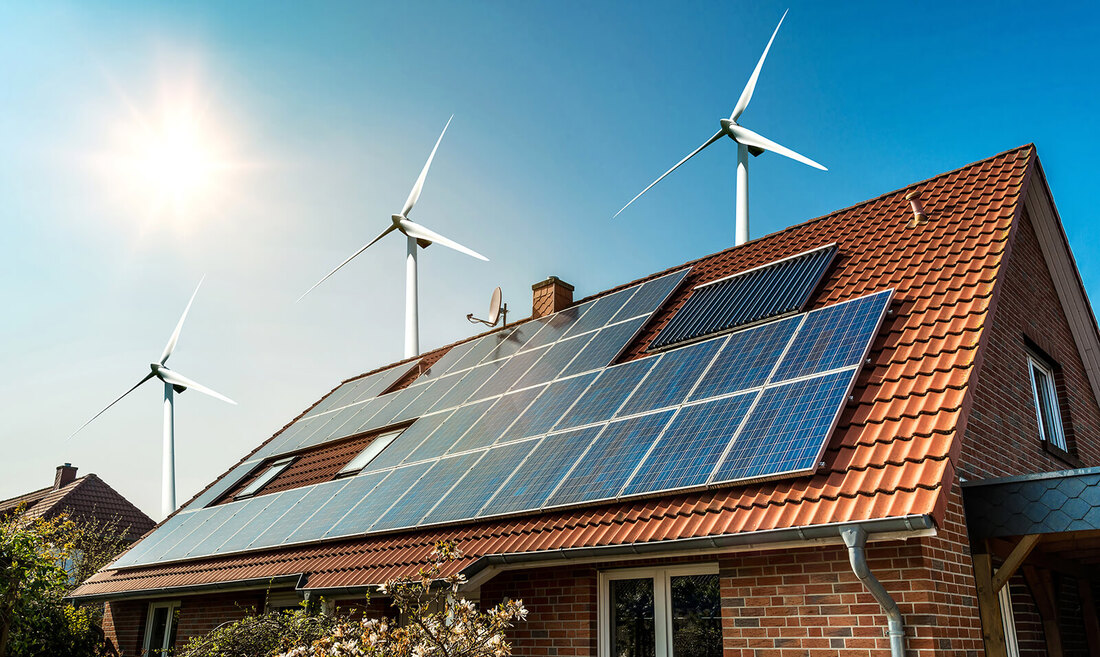By Team PluginIndia
Electric Vehicle News
Electric Vehicle News
Indian Oil Corporation Ltd (IOCL) has successfully completed a "Proof of Concept" project to study electric vehicle charging and true 'zero-emission electric mobility’ at one of their fuel stations in Bengaluru.
|
When electricity is generated using renewable energy sources and the generated electricity is used to charge electric vehicle (EV) batteries, then it is said to be true 'zero emissions' electric mobility. For this project IOCL has used technology from Hygge Energy, a start-up incubated by Tech Mahindra. The technology enables intelligent EV charging using hybrid microgrids, created by integrating existing grid infrastructure with solar PV batteries. The technology has three main features.
These Hybrid microgrids are created by integrating existing grid infrastructure with solar PV systems and batteries. This technology enables seamless integration of EV chargers to the grid via real-time monitoring of the effects of EV charging on the distribution infrastructure. The solution offers distribution network optimization, security against electricity theft, enhanced grid reliability, revenue protection, and demand-response enablement and validation. The technology from Hygge Energy aids utilities in network planning which enables them to design sustainable and efficient infrastructure for EVs. Vigyan Kumar, Executive Director (Retail Sales), IndianOil said, "Given the challenges of grid capacity and reliability amid the uncertainty of EV adoption, we are committed to finding an integrated solution to ensure green power for EV charging at our fuel stations. This innovative solution developed by Hygge Energy, has demonstrated feasibility to address these issues. We will conduct pilot studies at more fuel stations across Bengaluru. This solution is unique as it leverages the existing investment made by us in solarising our fuel stations and gives us a good basis to roll-out our EV charging initiative." Hygge Energy's technology is a highly adaptable system that employs artificial intelligence and the Internet of Things (IoT) to ensure that charging requirements are primarily met with renewable energy from these hybrid microgrids, thereby providing 100% clean energy e-mobility. This also prevents additional load which electric vehicle supply equipment (EVSE) would exert on power distribution transformers that feed fuel stations. As a result, clean energy e-mobility can be accommodated without the need for additional investments in grid infrastructure. |
PluginIndia's Take
So, BIG OIL has at last accepted that electric mobility is here to stay and in a matter of a decade or so, less of their product would be used by the world. So companies like IOCL has started investing in electric vehicle charging and energy storage applications. We recently came to know that IOCL has a minority stake in Phinergy of Israel to set up aluminium-air battery manufacturing facility in India for electric vehicles & stationary applications. And now they are also setting up Electric vehicle charging stations at their petrol pumps.
This project is interesting as IOCL has already invested a lot of money to build a renewable energy portfolio worth 226 MW (168 MW of wind-power capacity and 58 MW of solar photo-voltaic capacity), that together generated 393 million units of electricity during FY20. And if their existing locations have solar energy, why not put that solar energy to good use by offering EV charging. We look forward to seeing, IOCL set up a pan India EV charging network based on clean energy.
So, BIG OIL has at last accepted that electric mobility is here to stay and in a matter of a decade or so, less of their product would be used by the world. So companies like IOCL has started investing in electric vehicle charging and energy storage applications. We recently came to know that IOCL has a minority stake in Phinergy of Israel to set up aluminium-air battery manufacturing facility in India for electric vehicles & stationary applications. And now they are also setting up Electric vehicle charging stations at their petrol pumps.
This project is interesting as IOCL has already invested a lot of money to build a renewable energy portfolio worth 226 MW (168 MW of wind-power capacity and 58 MW of solar photo-voltaic capacity), that together generated 393 million units of electricity during FY20. And if their existing locations have solar energy, why not put that solar energy to good use by offering EV charging. We look forward to seeing, IOCL set up a pan India EV charging network based on clean energy.
Subscribe to PluginIndia on YouTube to follow the Indian EV Industry and EV Community. Also subscribe to our podcast.

